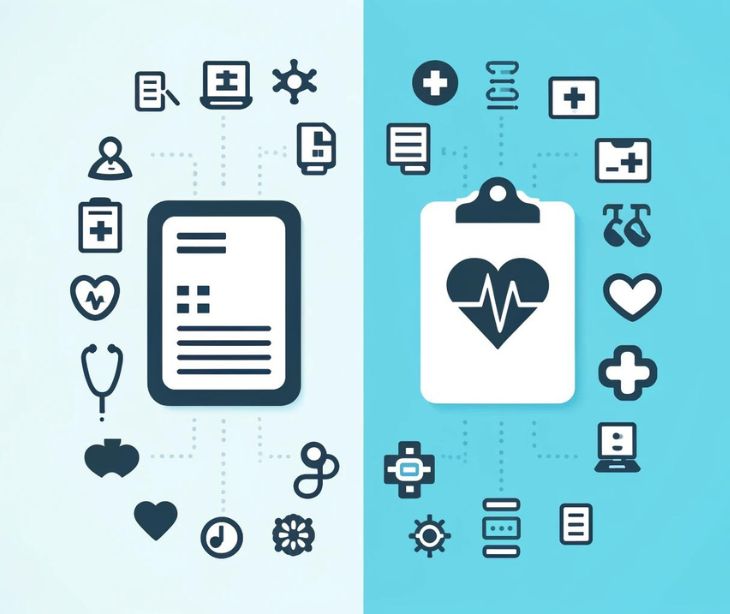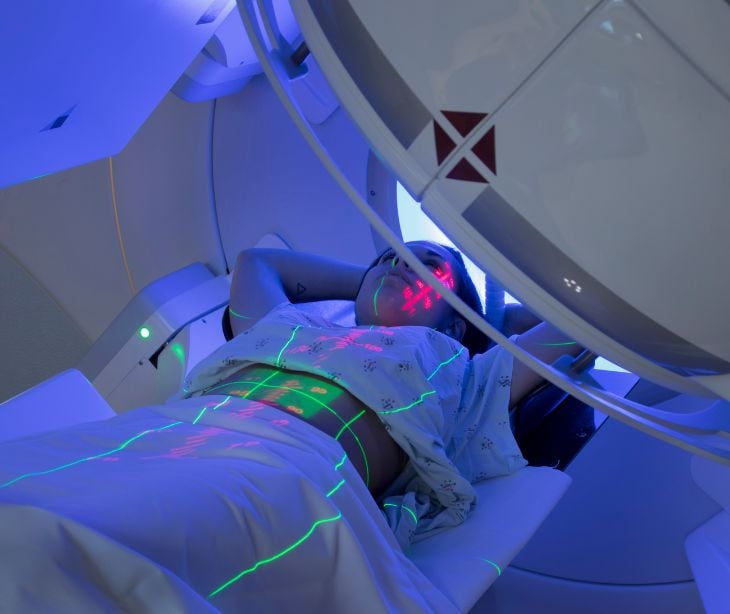
Genetic counselors can provide services efficiently by combining workflow-based EMRs with HIPAA compliant emails. More specifically, they can document patient encounters, access test results, and communicate with patients, improving efficiency, communication, and patient engagement while upholding patient privacy standards.
What is genetic counseling?
The National Human Genome Research Institute defines genetic counseling as "guidance relating to genetic disorders that a specialized healthcare professional (genetic counselor) provides to an individual or family.
A genetic counselor might provide information about how a genetic condition could affect an individual or family and/or interpret genetic tests designed to help estimate the risk of a disease. The genetic counselor conveys information to address the concerns of the individual or family, [to help] them make an informed decision about their medical situation."
Workflow-based EMRs and genetic counseling
Workflow-based electronic medical records (EMR) are specialized electronic systems designed to optimize workflows of healthcare practices in specific medical specialties like genetic counseling. They streamline clinical workflows by automating tasks, standardizing documentation, and integrating with other healthcare systems to improve patient care.
Streamlining patient care with workflow-based EMRs
Comprehensive documentation
Genetic counselors can use workflow-based EMRs to create comprehensive patient profiles, capturing detailed family histories, genetic test results, and treatment plans.
Integrated workflows
Providers can use EMRs with genetic testing laboratories and other healthcare providers for real-time data exchange and collaboration. This integration can streamline the referral process, expedite access to test results, and enhance care coordination across multidisciplinary teams.
Patient engagement and education
Providers can use EMRs to deliver educational resources to help individuals actively participate in their genetic counseling and help patients access personalized health information to help them better understand their genetic conditions and treatment options.
Patient privacy in genetic counseling
A study on genetic counseling using workflow-based EMRs states, "Widespread use of genetic tests for medical treatment and clinical genetic counseling…has led to study of privacy and disclosure issues…"
While "HIPAA considers genetic information to be confidential medical information and regulates healthcare providers," the Genetic Information Nondiscrimination Act (GINA) extends its purview to "employers and health insurance companies… [protecting] individuals from discrimination based on genetic conditions."
Together, these regulations uphold privacy rights and prevent the misuse of genetic information in both clinical and nonclinical settings.
Safeguarding patient information with HIPAA compliant emails
1. Secure communication: Genetic counselors must use a HIPAA compliant email platform, like Paubox, that uses advanced encryption and access controls to safeguard patients' protected health information (PHI). Genetic counselors can securely exchange sensitive data, like test results and treatment plans, with patients while ensuring compliance with privacy regulations.
2. Enhanced patient communication: HIPAA compliant emails are a convenient way for genetic counselors to communicate with patients. Two-way communication allows patients to ask questions and request appointments, which could improve patient engagement without compromising data security.
3. Audit trails and accountability: Using HIPAA compliant emails can help track the transmission and access of patient information. These audit logs provide accountability and transparency, enabling counselors to monitor email activity and remain HIPAA compliant.
FAQs
Which emails should be HIPAA compliant?
Every email that contains PHI must be secure according to HIPAA's Privacy and Security Rules.
What is the difference between an EMR and an EHR?
The distinction between electronic medical records (EMRs) and electronic health records (EHRs) lies in their management: EHRs are handled by several providers, whereas EMRs are managed by just one provider.
Does HIPAA require audit logs to be retained?
Yes, HIPAA requires certain logs, including those relating to the security and privacy of protected health information, to be retained for at least six years. State laws may require longer retention periods.
Subscribe to Paubox Weekly
Every Friday we'll bring you the most important news from Paubox. Our aim is to make you smarter, faster.






